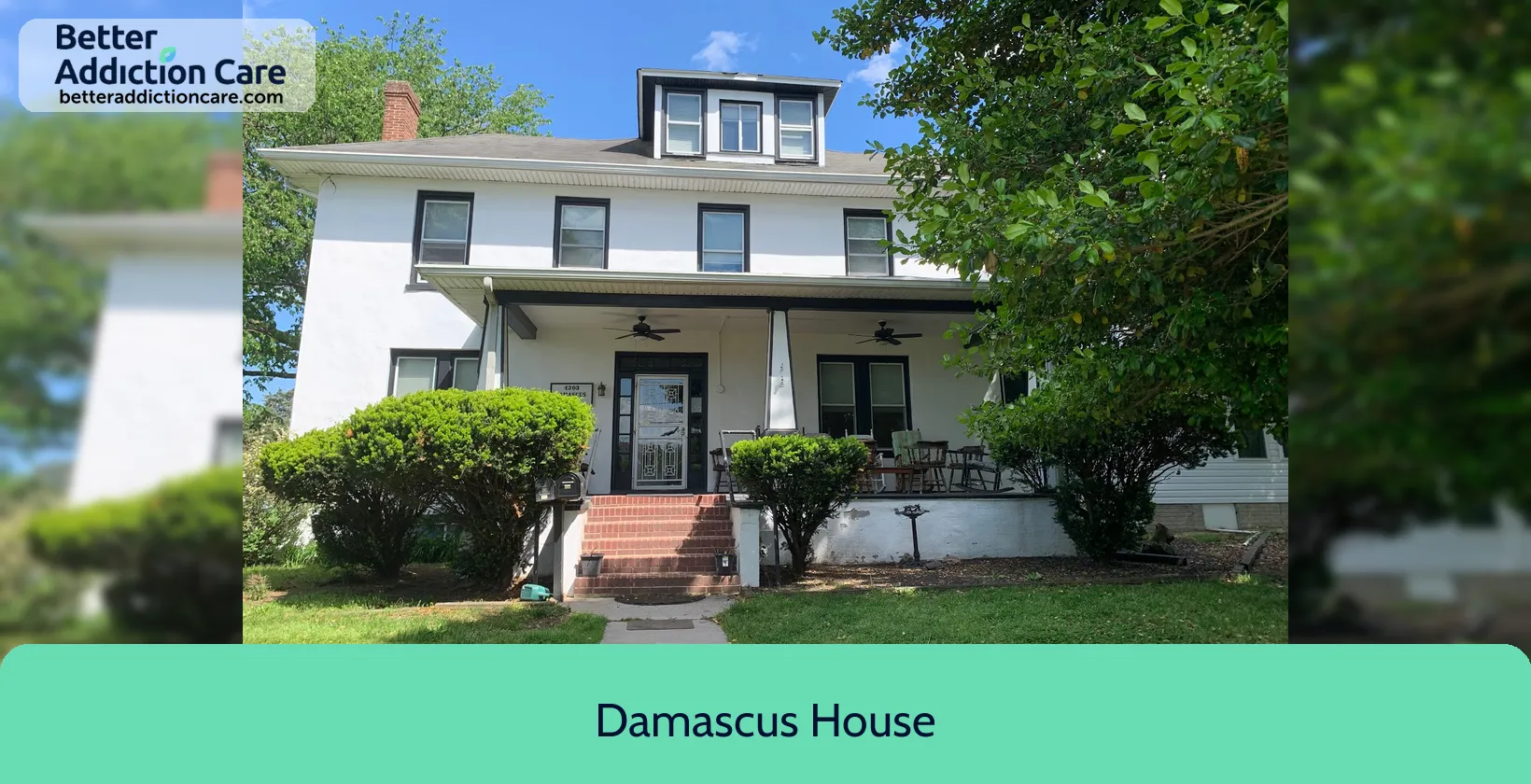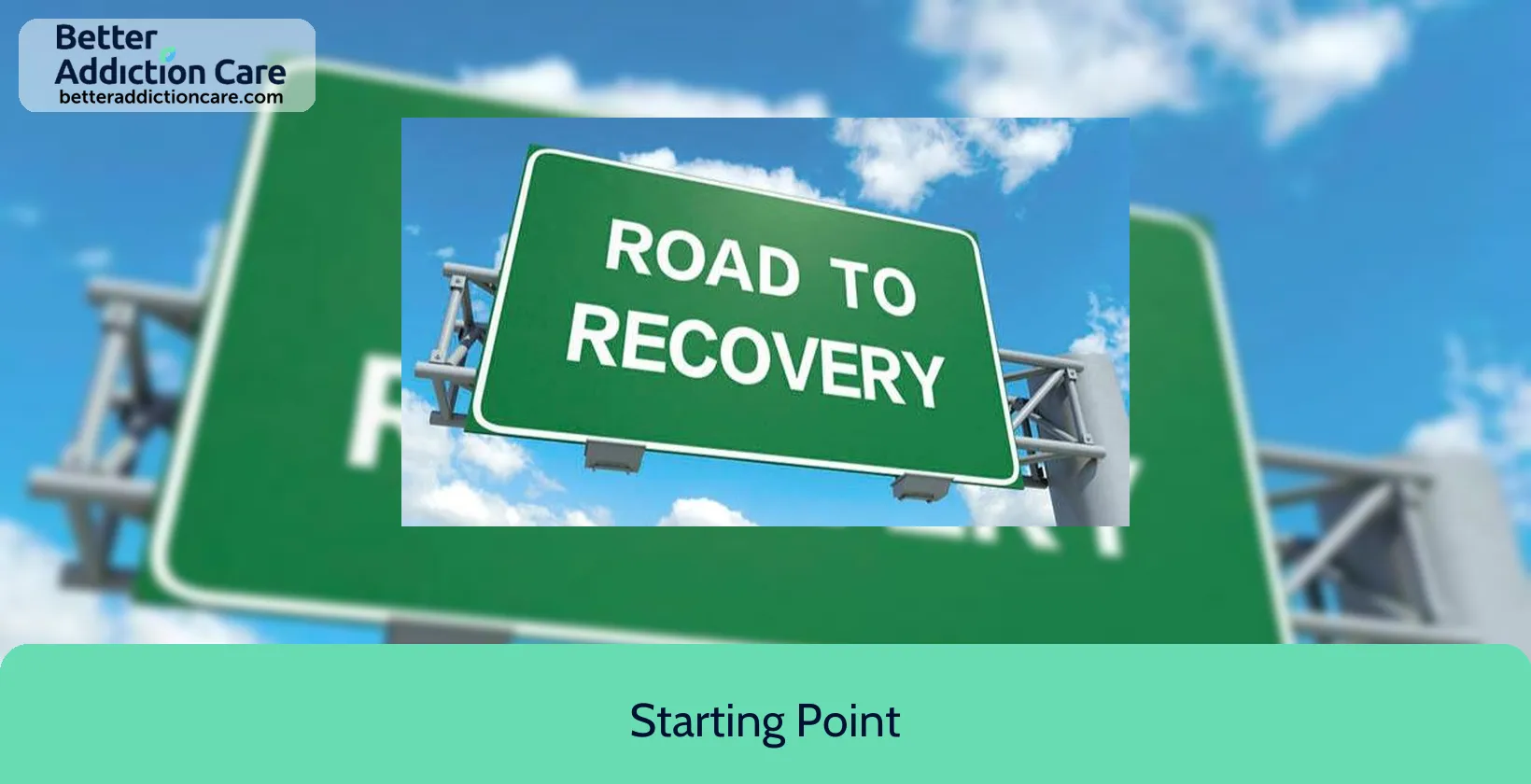Im Still Standing by Grace

Overview
Im Still Standing by Grace is a substance abuse treatment center for people seeking treatment near Baltimore City County. As part of their treatment modalities for recovery, Im Still Standing by Grace provides cognitive behavioral therapy, substance use disorder counseling, and smoking/vaping/tobacco cessation counseling during treatment. Im Still Standing by Grace is located in Brooklyn, Maryland, accepting medicaid for treatment.
Im Still Standing by Grace at a Glance
Payment Options
- Medicaid
- Medicare
- State-financed health insurance plan other than Medicaid
- Private health insurance
- Federal military insurance (e.g., TRICARE)
Assessments
- Screening for tobacco use
- Comprehensive mental health assessment
- Comprehensive substance use assessment
- Interim services for clients
- Outreach to persons in the community
Age Groups
- Seniors or older adults
- Young adults
- Adults
- Seniors
Ancillary Services
- Case management service
- Integrated primary care services
- Early intervention for HIV
- Mental health services
- Social skills development
Highlights About Im Still Standing by Grace
6.83/10
With an overall rating of 6.83/10, this facility has following balanced range of services. Alcohol Rehabilitation: 8.00/10, Drug Rehab and Detox: 6.00/10, Insurance and Payments: 6.00/10, Treatment Options: 7.33/10.-
Alcohol Rehabilitation 8.00
-
Treatment Options 7.33
-
Drug Rehab and Detox 6.00
-
Insurance and Payments 6.00
Accreditations
State mental health department:
State mental health department accreditation refers to the process of evaluating and certifying the quality and standards of a state's mental health department, ensuring that it provides high-quality services and meets specific criteria for mental health care. The accreditation process is performed by a third-party organization and helps to improve the overall care and treatment of individuals with mental health conditions.
Commission on Accreditation of Rehabilitation Facilities (CARF):

CARF accreditation is a prestigious recognition for rehabilitation and human service organizations. It signifies that an organization meets high-quality standards and is committed to providing top-level care. CARF conducts rigorous evaluations to ensure compliance, enhancing an organization's credibility and reassuring clients and funders of exceptional service quality. This accreditation promotes excellence and continual improvement in the rehabilitation and human services field.
Registration: 260661
SAMHSA certification for opioid treatment program (OTP):
SAMHSA's Opioid Treatment Programs (OTPs) accreditation is a rigorous recognition process that signifies an OTP's commitment to providing high-quality care for individuals dealing with opioid use disorders. It assures patients, families, and the community that the program adheres to evidence-based practices, employs qualified staff, and maintains a safe treatment environment. This accreditation is a symbol of quality and accountability, offering confidence in the program's ability to support individuals on their path to recovery from opioid addiction.
State department of health:

Government agencies issue State Licenses, granting permission to rehabilitation organizations to conduct their business operations lawfully within specific geographic regions. Generally, the particular rehabilitation programs offered by a facility and its physical location dictate the necessary licenses needed for legal operation.
Treatment At Im Still Standing by Grace
Treatment Conditions
- Mental health treatment
- Alcoholism
- Substance use treatment
- Co-occurring Disorders
Care Levels
- Hospital inpatient treatment
- Outpatient
- Short-term residential
- Long-term residential
- Residential detoxification
Treatment Modalities
- Cognitive behavioral therapy
- Substance use disorder counseling
- Smoking/vaping/tobacco cessation counseling
- Group counseling
- Family counseling
Ancillary Services
Additional Services
- Pharmacotherapies administered during treatment
- Mentoring/peer support
- Breathalyzer or blood alcohol testing
Special Programs
- Clients with co-occurring mental and substance use disorders
- Veterans
- Active duty military
- Members of military families
- Criminal justice (other than DUI/DWI)/Forensic clients
Get Help Now
Common Questions About Im Still Standing by Grace
Contact Information
Other Facilities in Brooklyn

6.77

6.99
DISCLAIMER: The facility name, logo and brand are the property and registered trademarks of Starting Point, and are being used for identification and informational purposes only. Use of these names, logos and brands shall not imply endorsement. BetterAddictionCare.com is not affiliated with or sponsored by Starting Point.
